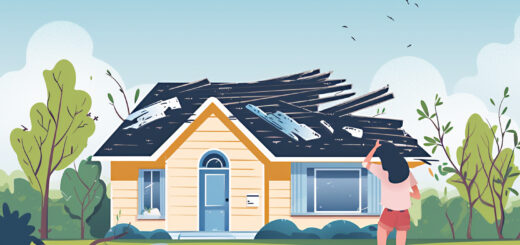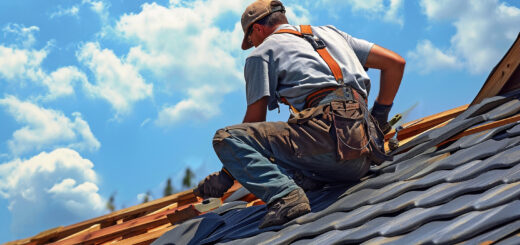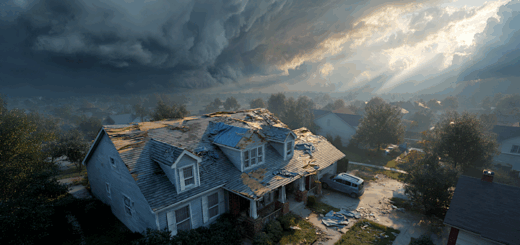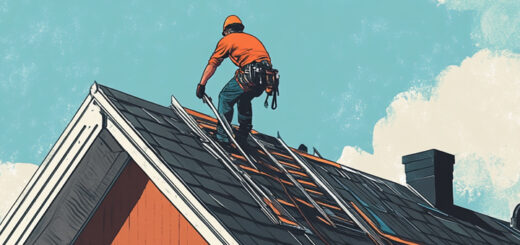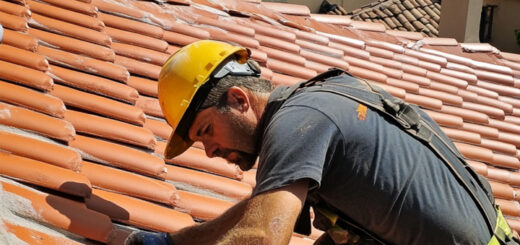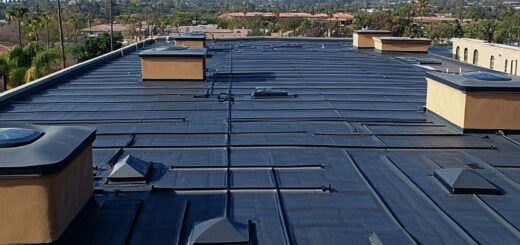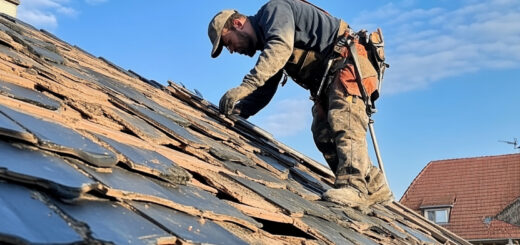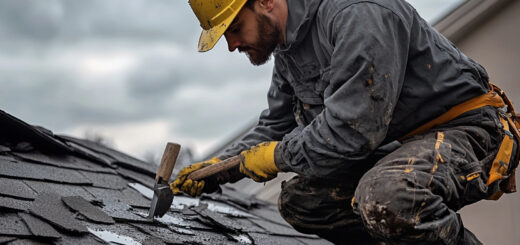How Often Should You Inspect Your Roof?
Your roof is one of the most critical components of your home, protecting your family and belongings from the elements. However, like any other part of your home, it requires regular maintenance and inspections to ensure it remains in optimal condition. But how often should you inspect your roof? The answer depends on several factors, including climate, roofing materials, and recent weather events. This comprehensive guide will cover everything you need to know about roof inspections, including when and how to perform them, signs of potential damage, and the benefits of professional inspections.
Why Roof Inspections Are Essential
A well-maintained roof extends the lifespan of your home and prevents costly repairs. Roof inspections help:
- Detect Issues Early – Identifying minor issues before they escalate can save you thousands in repairs.
- Prevent Water Damage – Leaks can lead to mold, rot, and structural damage if not addressed in time.
- Improve Energy Efficiency – A well-maintained roof ensures proper insulation and ventilation, reducing energy costs.
- Comply with Warranty Requirements – Many roofing warranties require periodic inspections to remain valid.
- Increase Property Value – A roof in good condition enhances curb appeal and overall home value.
How Often Should You Inspect Your Roof?
Regular Roof Inspections: Twice a Year
Most experts recommend inspecting your roof at least twice a year—once in the spring and once in the fall. These inspections help identify damage caused by seasonal changes and prepare your roof for extreme weather conditions.
- Spring Inspection: After winter, check for ice damage, loose or missing shingles, and signs of wear and tear from cold temperatures.
- Fall Inspection: Before winter sets in, ensure your roof is free of debris, check for damaged flashing, and assess the condition of shingles and gutters.
After Severe Weather Events
If your area experiences severe weather such as hurricanes, hailstorms, tornadoes, or heavy snow, you should inspect your roof immediately afterward. High winds and impact from debris can cause hidden damage that may worsen over time.
- Hail Damage: Hail can bruise or crack shingles, reducing their lifespan and making them more susceptible to leaks.
- High Winds: Strong winds can lift or remove shingles, exposing your roof to water infiltration.
- Heavy Rain or Snow: Excess moisture can lead to leaks, ice dams, and weakened roof structures.
Check FEMA’s guide on storm damage and roof inspections
Annual Professional Inspection
While DIY inspections are essential, a professional roofing inspection once a year is highly recommended. A trained roofer has the expertise to identify underlying issues that may not be visible to the untrained eye, such as:
- Structural weaknesses
- Improper ventilation
- Hidden leaks
- Mold growth
Best Practices for Maintaining Your Roof
- Keep Gutters Clean: Clogged gutters can cause water to back up under shingles, leading to leaks and mold growth.
- Trim Overhanging Branches: Prevent tree limbs from scraping your roof or falling during storms.
- Address Issues Promptly: Small problems can quickly become significant if left unattended.
- Schedule Regular Professional Inspections: Ensure a licensed roofer assesses your roof at least once a year.
Explore more roof maintenance tips from the Asphalt Roofing Manufacturers Association (ARMA)
Stay Proactive with Roof Inspections
Regular roof inspections are key to maintaining a durable, weather-resistant home. By conducting biannual DIY inspections, assessing your roof after major storms, and scheduling annual professional evaluations, you can extend your roof’s lifespan and prevent costly repairs. Don’t wait for leaks or structural damage—stay proactive and protect your investment.
If you’re unsure about the condition of your roof, contact a professional roofing contractor for an in-depth inspection and expert advice.
